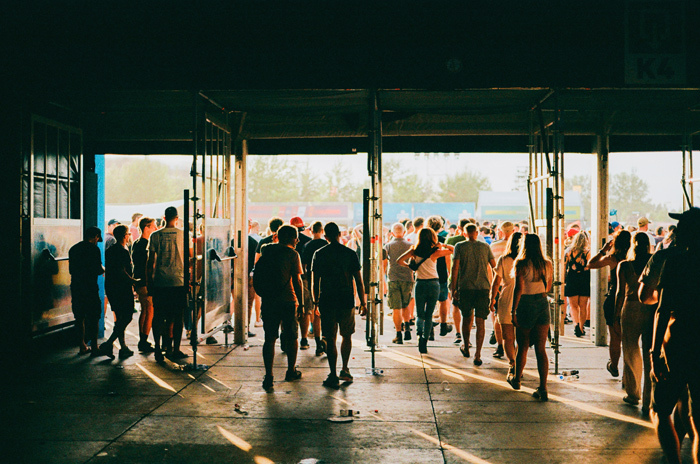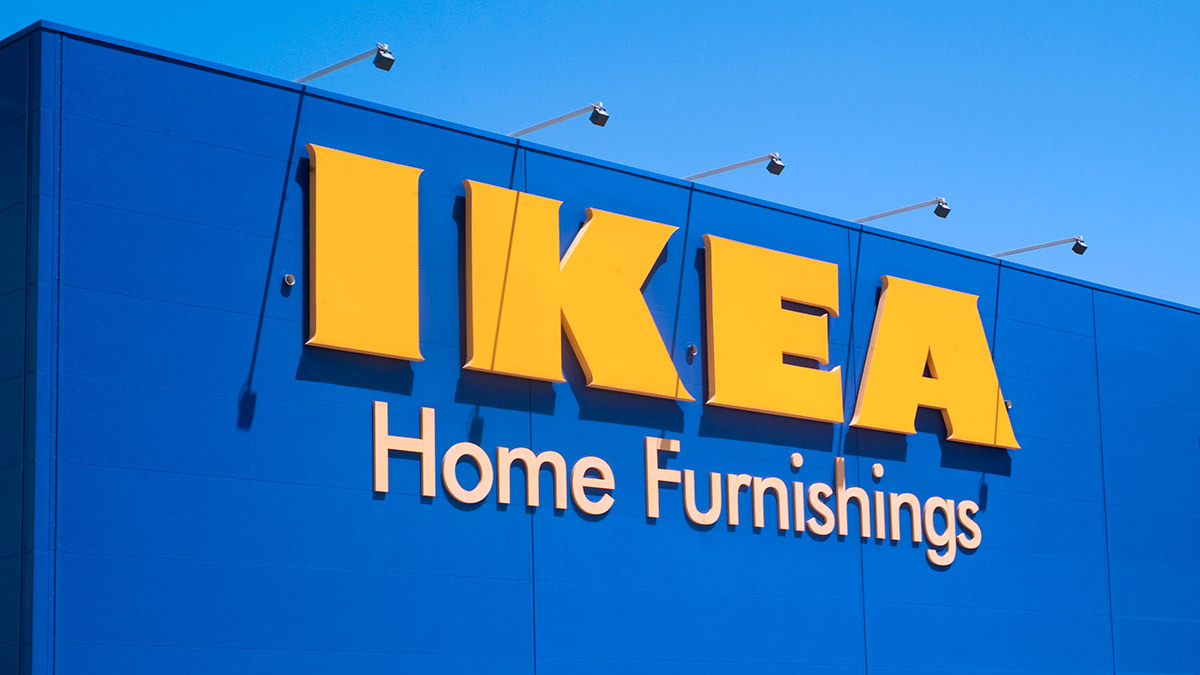Get our independent lab tests, expert reviews and honest advice.
Why tickets to your favourite live events may soon cost you thousands

Need to know
- Dynamic pricing, also known as in-demand pricing, is based on supply and demand factors and often leads to much higher prices
- It's already being used for the Australian Open and Grand Prix, and experts say its use in Australia will only grow
- Ticketmaster and Ticketek both say the practice helps stop scalping
Australians have long had to accept the fact that pricing for services like airlines and Uber rides are influenced by supply and demand factors, meaning that they go up during peak periods. But we may soon see the same algorithmically-driven profit booster applied to our favourite music, sporting and other live events.
And it may mean we end up paying a lot more than we used to.
It’s called ‘dynamic’ or ‘in-demand’ pricing, and it’s already being used for music and sporting events in other countries. It’s happening in Australia, too, on a smaller scale, but experts say it will likely become commonplace over the next 12 months.
Demand pricing was deployed by Ticketmaster at the Australian Open Men’s Final in 2024, where the cheapest seats went for $2000 and the most expensive for $6000
Dynamic or in-demand pricing involves the use of technology to determine the level of demand for tickets and price them accordingly. This could happen either before or, in some cases, after the sale-period begins.
Dynamic pricing has been applied overseas for ticketing to big-name artists such as Taylor Swift and Bruce Springsteen and it’s led to people being asked to pay thousands of dollars. Robert Smith, frontman of The Cure, has said the band would refuse to participate in dynamic pricing, calling the practice “a greedy scam”.
Robert Smith, frontman of The Cure, has said the band would refuse to participate in dynamic pricing, calling the practice ‘a greedy scam’
Live Nation, one of the world’s biggest international entertainment tour operators, and owner of Ticketmaster, said earlier this year that the company expected to further expand dynamic pricing offerings into Australia. CHOICE sent questions to Live Nation, but they did not respond.
Demand pricing was deployed by Ticketmaster at the Australian Open Men’s Final in 2024, where the cheapest seats went for $2000 and the most expensive for $6000.
‘Corporate greed’
Adrian Copes travels from Sydney to Melbourne every year to watch the Formula 1 Grand Prix, so he knows to plan in advance to secure his tickets.
Last year he purchased a $200 token, which gave him access to the pre-sale tickets for the 2024 race.
When Adrian got on to the Ticketmaster website he couldn’t find any tickets for the recommended retail price. The only ones he could find were under the ‘in-demand’ tab, where the tickets were around $100 more expensive.
Because he was concerned he would miss out if his ticketing browser timed out, he bought four of them.
We didn’t have a choice. I just had to purchase tickets or miss out
Adrian Cope, Formula 1 fan
“Ticketmaster didn’t make it clear that in-demand would be occurring during the ticketing window. I didn’t have time to read through the policy about what in-demand was and everything,” he says.
“We didn’t have a choice. I just had to purchase tickets or miss out.”
Ticketmaster’s Grand Prix webpage says a “small portion” of each grandstand’s “most sought-after areas” will be allocated to in-demand pricing based on supply and demand.
Adrian says he was comparatively lucky. Many others he met at the event said they forked out hundreds of dollars above recommended retail prices.
“It’s just corporate greed at its finest. We always go, and it’s unfair to the passionate fans that they’re able to do this,” he says.

Dynamic pricing creates inequality
Dr Paul Crosby, a senior lecturer in economics at Macquarie University, says he expects dynamic pricing to really take off in the not too distant future in Australia.
“The thing about dynamic pricing is it kind of fixes one problem in terms of the supply and demand issue, but it doesn’t address a really important problem of equity amongst fans and concert goers,” he says.
“What does that do to the everyday fan who can’t afford the dynamically priced ticket? It’s not good.”
It creates a huge gap between those who might be the true fans, compared to those that simply have the purchasing power to afford the exorbitant prices
Dr Bronwyn Coate, RMIT
Dr Bronwyn Coate, senior lecturer in economics at RMIT University, agrees that the inequalities it creates between fans is detrimental to the idea that access to the arts and culture should be inclusive to all.
“If you just leave it to market forces and have access determined by not just simply willingness to pay, but by ability to pay, it creates a huge gap between those who might be the true fans, compared to those that simply have the purchasing power to afford the exorbitant prices,” she says.
Crosby says the success or failure of dynamic pricing in Australia will hinge on fans’ willingness to participate in the system.
There is a real tension there; fans may not like it, but they don’t want to miss out
Dr Paul Crosby, Macquarie University
“We see it with Uber, there is the airline industry, there are pubs in England now that charge dynamic pricing,” he says.
“It still has to be adopted by the artists and the event organisers, and the fans have to buy in too. There is a real tension there, fans may not like it, but they don’t want to miss out.”
He points to the recent Taylor Swift Eras Tour in Australia as an example, where demand outstripped supply and many fans would have been willing to pay more.
Ticket sellers respond: Cheaper tickets and a solution to scalping?
Ticketmaster told us that artist’s teams work with promoters to determine ticket prices before they go on sale; they don’t use an algorithm that rapidly changes prices during the sale period.
“As production costs rise and scalpers continue [to find] new tactics to cheat the rules, pricing some seats closer to market value ensures artists and their crew can continue putting on shows,” a spokesperson says.
Ticketek, which is owned by TEG, told CHOICE dynamic pricing was “supply and demand in action” and that while prices to some events may rise, others may fall as a result.
“Dynamic pricing of tickets in the live event space is becoming more commonplace, as artists, teams and other event owners seek to price their products more efficiently and capture market demand,” Cameron Hoy, TEG’s head of global ticketing says.
The costs for staging live events have never been higher, with significant increases in production, freight and travel
TEG head of global ticketing Cameron Hoy
“It is also worth mentioning that the costs for staging live events have never been higher, with significant increases in production, freight and travel, all of which ultimately impact pricing.”
Hoy went on to say that dynamic pricing was the “most effective way” of reducing ticket scalping and unauthorised secondary market resellers.
Both Crosby and Coate questioned this claim.
Most Australian states and territories have laws banning the reselling of tickets at above 10% of the original price. But if the original price isn’t known due to dynamic pricing, how will fans know when they are being illegally ripped off?
“It certainly makes the question of preventing scalping more opaque,” Coate says.
CORRECTION 12 April 2024: We removed a claim that the Ticketmaster website crashed during the pre-sale for Formula 1 Grand Prix tickets.





